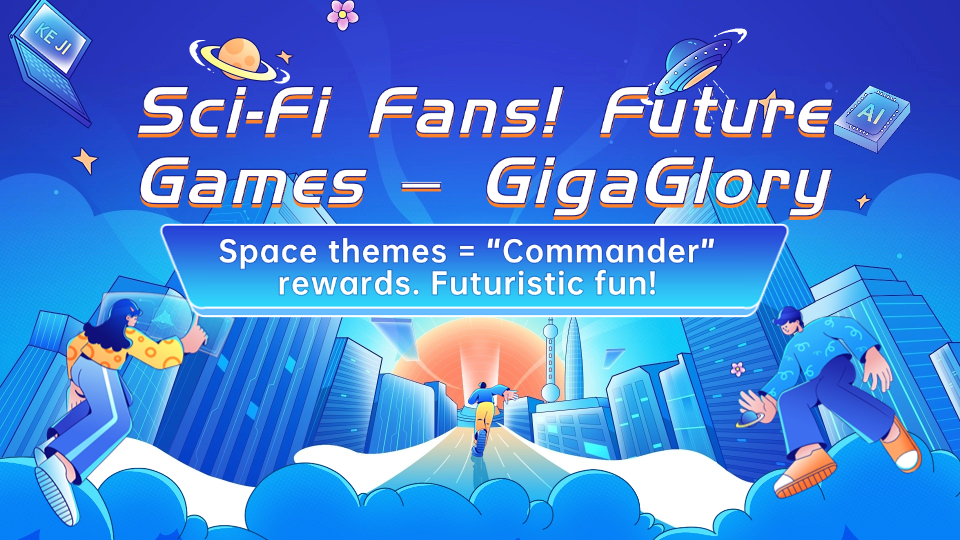From Casual Fun to Complex Strategy: The Rise of Simulation and Incremental Games
In recent years, the gaming world has witnessed a remarkable shift. Games that once had simple mechanics and were primarily designed for casual fun have evolved into intricate simulations and complex strategies. This evolution encompasses both simulation games and incremental games, which not only provide entertainment but also engage players in a deeper, more immersive experience. In this article, we will explore the rise of these genres, particularly in the context of their growth and impact on players.
The Allure of Simulation Games
Simulation games offer players a chance to model real-world systems or build virtual environments. This genre has gained popularity for several reasons:
- Realism: Many simulation games strive to replicate real-world physics and experiences, making them appealing to players seeking authenticity.
- Creativity: They allow players to unleash their creativity, from city-building games like "Cities: Skylines" to life simulation games like "The Sims".
- Strategic Depth: Simulation games often require strategic thinking to succeed, engaging players for extended periods.
Understanding Incremental Games
Incremental games, also known as "clicker games," present another fascinating aspect of the gaming landscape. Unlike traditional games that require constant interaction, incremental games revolve around repetitive actions leading to gradual progress. Here’s why they captivate audiences:
- Low Commitment: Perfect for players looking for games they can engage with at their own pace.
- Rewarding Progression: The satisfaction of watching numbers grow and unlocking new features taps into a primal sense of achievement.
- Accessibility: Minimal skills are needed to get started, allowing a broader audience to enjoy.
The Best Story in Simulation and Incremental Games
When we talk about storylines, it's often assumed that complex narratives are exclusive to role-playing games (RPGs). However, simulation and incremental games also tell captivating stories, albeit in a unique manner:
- "Stardew Valley": An agricultural simulation where players restore a run-down farm, emphasizing the importance of community.
- "Two Point Hospital": A lighthearted simulation revolving around building and managing a hospital, filled with humorous diseases and quirky characters.
- "Adventure Capitalist": An incremental game that takes players on a journey through business mogul ventures while satirizing capitalism.
The Rise of H Game RPGs
In recent times, there has been a noticeable surge in H game RPGs. These games often blend elements of simulation and RPG mechanics, providing players with engaging narratives while integrating strategy. What’s turning heads in this niche are:
- Immersive Storytelling: The ability to shape outcomes based on player decisions adds layers to the storyline.
- Complex Characters: Strong character development allows players to connect emotionally.
- Dynamic Worlds: Players can explore rich environments that react to their choices, enhancing replayability.
Table: The Evolution of Simulation and Incremental Games
| Game Type | Key Features | Popular Titles |
|---|---|---|
| Simulation Games | Realism, Creativity, Strategy | "Cities: Skylines", "The Sims" |
| Incremental Games | Low Commitment, Rewarding Progression, Accessibility | "Cookie Clicker", "Adventure Capitalist" |
| H Game RPGs | Immersive Storytelling, Complex Characters, Dynamic Worlds | "Dream Daddy", "HuniePop" |
Conclusion: The Future of Gaming
The gaming landscape is constantly changing. Simulation and incremental games showcase the blend of creativity and strategy while appealing to diverse audiences. As these genres continue to evolve, we can expect a richer tapestry of stories and gameplay experiences. Players are drawn not just to play but to engage deeply with the game world, making their gaming experience personal and significant.
In a world where everyone seeks a sense of achievement and escapism, the rise of simulation and incremental games is not merely a trend; it’s a reflection of our evolving preferences and the desire for deeper, more meaningful gameplay experiences.



